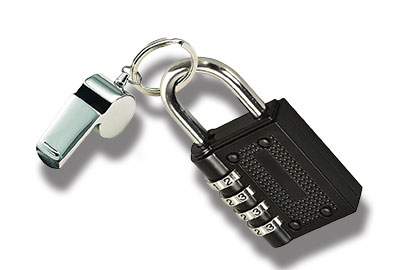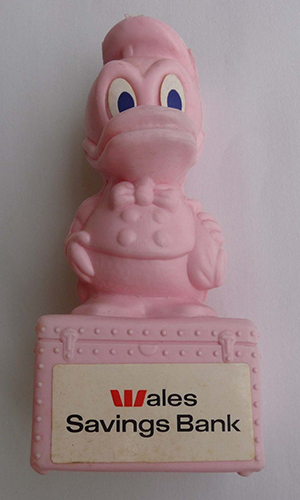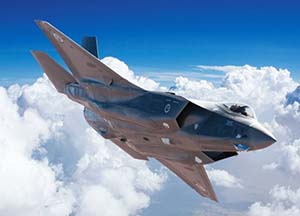EXTRA >>
THERE is unlikely to be a small business owner in Australia that is not furious with Australian authorities for allowing international organisations – and some Australian ones – to ‘transfer price’ their way to paying hardly any tax on the profits they earn in this country.
That is money being generated in Australia and going out of Australia without the Australian public getting its fair clip. The difference has to be made up by businesses – mostly small businesses – that trade here … fairly.
It has been going on for decades – and transfer pricing has been the subject of dozens of unheeded warnings in Business Acumen magazine articles over the past 10 years – but it has been exacerbated recently by multi-national digital commerce.
It is easier than ever before to set up in a low tax jurisdiction like Singapore (where multinational entities may have negotiated extra special low taxation deals to use the island national as a financial transfer hub), sell goods and services in Australia through a locally-registered wholly-owned entity, and then transfer most of that money back to Singapore without paying tax on it. 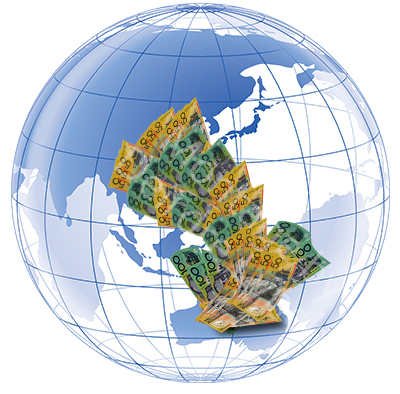
The way it works is, the Australian entity does not make much of a profit because it has to service loans or licensing fees (or some other legally-acceptable costs) to its offshore owner, which is based in a relatively low tax jurisdiction.
Simple, and it has been going on for decades.
It is not just the Googles, Apples, Microsofts – some Australian-grown entities now have elaborate structures that could do the same thing. James Hardie Industries, for example, became based in the Netherlands and in 2010 moved to Ireland to enjoy the lower tax advantages of being an international company.
If these big, clever organisations are taking billions of dollars out of the economy while paying but a small fraction of tax receipts – some, in the case of American Express, for example, have recently been alleged to have moved more than A$8 billion offshore without paying any tax at all on it over seven years – then the Commonwealth income burden falls squarely on Australian small and medium enterprises (SMEs).
Let’s put it another way: it is entirely possible that the Singapore Government has made more money out of American Express sales in Australia over the past decade than the Australian Government has.
Author and Fairfax columnist John Birmingham recently wrote furiously and personally of this issue, when he discovered the interest on his credit card for one year was greater than American Express’s profits tax payments over the past seven:
“Would it make you even a little bit angry if you knew that not only did Amex decide paying tax was optional on the $8 billion it booked in that seven year period, but it also put its hand out for a $3.3million refund? … Does anybody else get angry about the way that companies like Amex – and Apple and Google and all the miners and all the banks and Ikea and News Corp – seem to have decided some time ago that the cost of civilisation was something they did not have to bear? No? … Pay some goddamned tax, you bastards …”
So, are Australian SMEs effectively subsidising the market for international entities to capitalise on?
Certainly seems that way.
It is becoming an unforeseen consequence of certain free trade agreements? That needs a closer look.
A burning question is why the ATO has been so toothless on this issue, when in recent years it has been coming down increasingly harder on collections from Australian SMEs?
EBAY, PAYPAL CASE
A very comprehensive investigation of PayPal and eBay’s operations and structures in Australia by Fairfax Media and University of New South Wales Business School accounting academic and chartered accountant Jeff Knapp – all from what is on public record – are revealing.
And maddening, indeed, for Australian taxpaying businesses that are left after having survived and transcended the disruption that global organisations like these have wrought.
The idea that change in the digital age is inevitable is manageable, but to find that these disruptors are not playing morally fair in terms of their taxation obligations in Australia makes your average Australian business leader furious.
When you see the numbers involved – and then see that they actually out-strip the Federal Government’s declining share of corporate tax receipts and annual deficits – there is an equation that does not add up.
Fairfax business journalist Michael West wrote: “So it is that an investigation by Fairfax Media and University of NSW accounting academic Jeff Knapp found PayPal rakes out 86 percent of its revenue to an associate in Singapore, and countervailing its duties under the Corporations law, fails to disclose sufficient details of the arrangements.
“Over the past nine years, the electronic payments firm has paid more than $1 billion of its $1.2 billion in revenues to its parent and associates in Singapore leaving very little to be taxed in Australia. PayPal claims that these payments, the bulk of which are made to PayPal Private Limited, its immediate parent company, are for ‘services provided in accordance with Service Provider Agreements for the processing of, and supporting the online payments business’.
“These ‘service payments’ made up $245 million of PayPal’s $291 million in total revenue last year. Back in 2006, they were $33 million of $36.5 million, so PayPal relentlessly jacks up the fee to its parent company every year. What dramatic increase in ‘service’ warrants this $212 million rise in ‘service’ fees, you can only wonder.”
This is business journalism at its best and to be admired, at a time when this craft’s very existence is threatened by the industry disruption that these ‘transfer pricing’ local taxation avoiding multi-nationals have wrought.
Meaning, organisations like eBay were instrumental in carrying the so-called ‘rivers of gold’ classified advertising trade away from traditional media organisations like Fairfax – the rivers that funded no-fear-no-favour investigative journalism – and replaced it with nothing apart from vaporous tax behaviour.
Fairfax also revealed eBay, as the leading player in ecommerce in Australia, with a 20 percent share of the market has paid only $6.2 million in company tax over 12 years – about $500,000 a year. That’s because eBay Australia, which is ultimately owned by eBay Inc, claims the $300 million-plus in annual revenues it bills actually belongs to its Swiss business and only $40 million of it is Australian taxable (which is ironic, while the ATO has simultaneously stepped up its surveillance of the eBay platform to catch out Australian micro-businesses not meeting their GST liabilities ...)
Evidence Mr West quotes from University of NSW researcher Jeffrey Knapp highlights what a blatant ruse all this is and asks big questions of the ATO’s capabilities in its digitally disrupted home environment:
“Further, the amount of profit PayPal makes in each year is less than the interest income they generate for their cash on deposit. They claim they are making losses before interest and taxes. The key is this; in 2014, their profit margin is one percent of sales. That’s their net profit margin.
“But in the US, they currently have a proposal to split eBay (PayPal’s ultimate parent company) and PayPal [this occurred on July 21 in the US – editor]. In the offer documents, they show the income statement of PayPal Holdings for 2014. This shows a profit margin of 15 percent.”
Can the cost of providing the same electronic payments service in Australia really be 15 times more expensive than in other countries, on average?
The Fairfax comment is priceless: “That is, if you believe these financial statements, if you believe that PayPal’s 86 percent revenue rake to Singapore is a bona fide transaction, rather than a tax ruse. These financial statements, signed off by PwC, have all the hallmarks of yet another multinational robbery perpetrated on the Australian taxpayer. Though Knapp puts it rather more delicately: ‘The net profit margin of one percent in Australia and New Zealand versus 15 percent worldwide … it just indicates that the inter-company charges put in place for this company are not commercial, they are not market-based’.”
ASLEEP ON IT
To scope out the bigger picture, Mr West’s Fairfax reports showed there were 7834 International Dealing Schedules lodged with the ATO – which are required and take into account international royalty and interest payments -- by taxpayers in a single year in Australia. These covered international related party deals (IRPD), totalling $272 billion. Singapore was the destination for about 33 percent of total IRPD expenditure, while Switzerland accounted for about 35 percent.
If those amounts for Singapore and Switzerland were determined to be taxable at the company profits tax rate, for example, about $55 billion would be going the Australian Government’s way – quite handy when the country is running an annual deficit of about $40 billion.
The Fairfax Media report outlined that between 2006 and 2012, the IRPD dealings of multinationals rose by 64 percent, from $154 billion to $253 billion, and now account for about 7 percent of their total income and expenses. The increase in business turnover, when matched to this transfer of royalties and interest payments, is where some tough conversations have to take place between Australian authorities and these companies.
So-called tipping points are difficult to determine in this era of digital disruption and fancy financial instruments. International transfer pricing is only part of the story that encompasses Australia’s small-to-medium enterprise extinction events of recent years.
But one tipping point can be pinpointed: the degradation of the Australian employment environment – and that stems from business leaders’ appetite for growth and creating jobs.
The recent tax and investment concessions from the Federal Government show that the matter is being taken seriously, at last.
But confidence to grow is unlikely to bloom in the SME sector until the operating playing field is level. That means eliminating these absurd and debilitating international transfer pricing regimes.
If the multinational companies that engage in these schemes really care about their Australian customers – and the Australian society that offers them business hospitality – they should sportingly volunteer to play on the same field and under the same rules.
Being shamed into it is going to cost a lot more in brand restoration.
Spending tens of millions of dollars in Australia on so-called ‘corporate social responsibility’ programs does not forgive repatriating hundreds of millions of dollars out of this same economy, untaxed, to offshore tax havens.
www.businessacumen.biz
ends
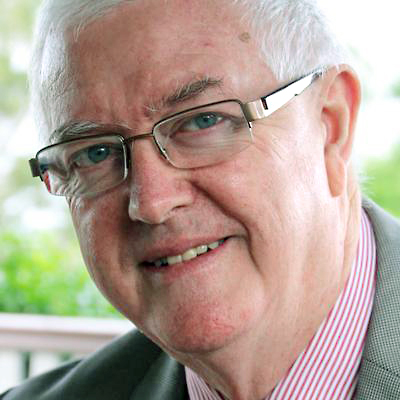
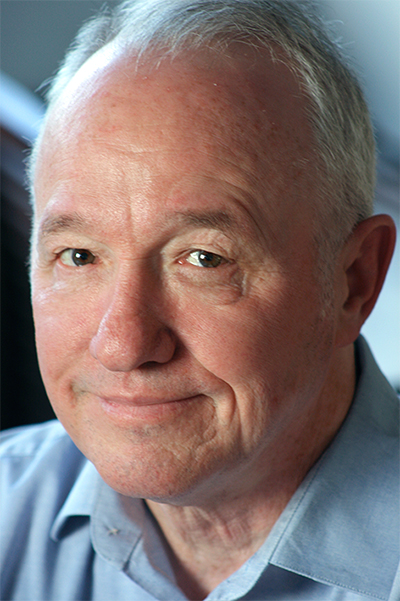

 How to resolve AdBlock issue?
How to resolve AdBlock issue? 